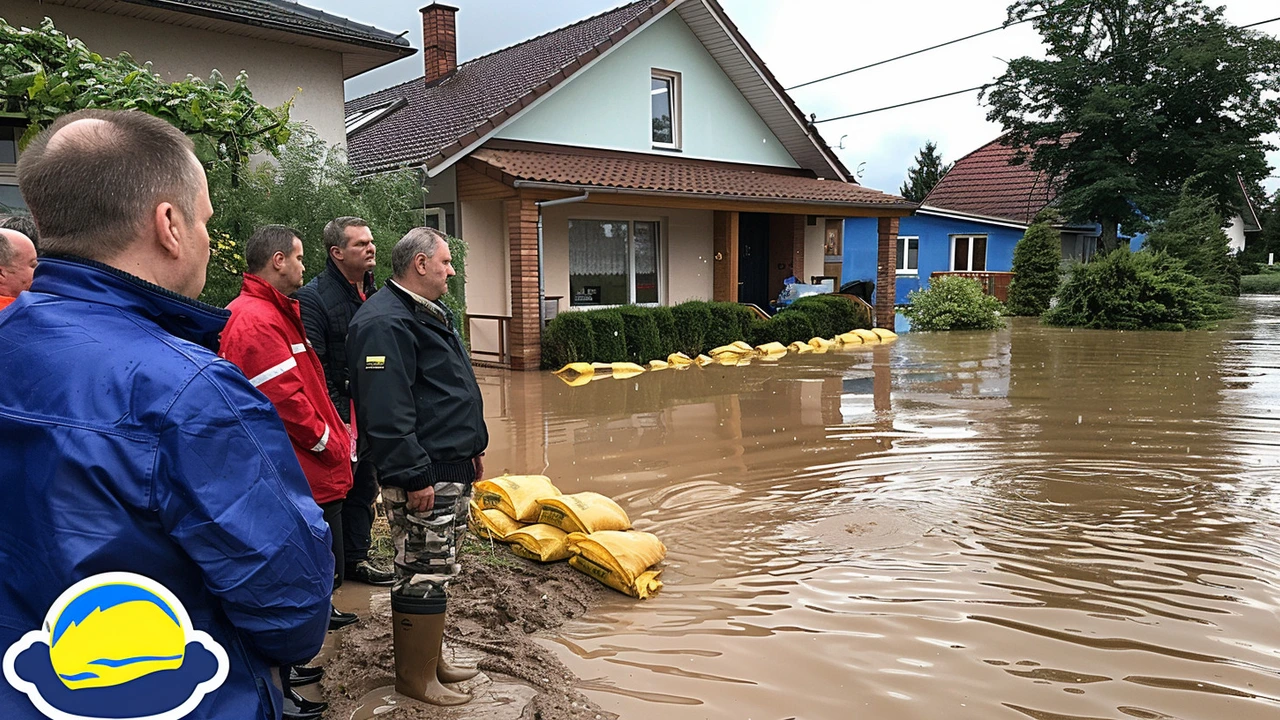Climate change in Africa: real risks and clear steps
Africa produces under 4% of global greenhouse gases but feels climate impacts first and worst. Droughts, flash floods, collapsing harvests and coastal erosion are already hitting people’s livelihoods. You don’t need a degree to see the change—rain patterns are shifting, planting calendars are unreliable, and fishermen report lower catches near worn shorelines.
What the science says — short and sharp
Major climate studies, including the IPCC reports, show hotter temperatures, stronger heatwaves and more intense rainfall extremes across the continent. That raises risks for food, water and health. Smallholder farmers face lower yields from heat stress and erratic rains. Coastal cities deal with sea-level rise and storm surges. And rising heat increases the spread of diseases like malaria and cholera.
But there’s good news: many solutions work now and can protect people quickly. Adaptation (preparing for impacts) and mitigation (cutting emissions) go hand in hand. You’ll find both low-cost fixes and bigger investments that pay off.
Practical steps you can use today
Households: save water with simple fixes—repair leaks, use drip irrigation in gardens, and harvest rain from rooftops for domestic use. Plant drought-tolerant varieties and rotate crops to keep soil healthy. If you heat with wood, switch to cleaner stoves to cut smoke and free up time.
Communities: build early-warning systems for floods and heatwaves using mobile alerts. Protect and restore natural buffers like mangroves and wetlands—these cut storm damage and boost fisheries. Create community seed banks and train people in climate-smart farming techniques like mulching and contour planting.
Businesses and towns: invest in small solar microgrids and battery storage to reduce power outages and fossil fuel dependence. Upgrade buildings for natural cooling—shade trees, reflective roofs and better ventilation cut energy needs. Insure crops and homes where possible to reduce recovery time after disasters.
Policymakers: make climate part of budgets. Shift subsidies from fossil fuels to renewables and support small farmers with extension services and fair markets. Mobilise climate finance to fund resilient roads, water systems and coastal defenses. Transparent plans and local participation make money go further.
Jobs and opportunity: climate action creates work—solar installers, tree planters, sustainable agribusiness and waste recycling are growing fields. Training programs that match local skills to green jobs help communities recover and prosper.
Want to stay updated? Follow reliable local reporting—stories on how farmers adapt, city plans for floods and new clean-energy projects matter. Small steps at home plus smarter policies add up fast. Climate change is urgent, but practical choices can protect lives and livelihoods now.

Tragedy Strikes: Four Dead in Southern Germany Floods Amidst Rising Climate Change Warnings
Keabetswe Monyake Jun 4 8Four people have tragically died due to severe flooding in southern Germany, with heavy rainfall causing major disruptions. The floods have impacted states like Bavaria and Baden-Wuerttemberg, suspending transport routes and necessitating emergency evacuations. Chancellor Olaf Scholz underscored the urgent need to address climate change as water levels continue to rise.
More Detail